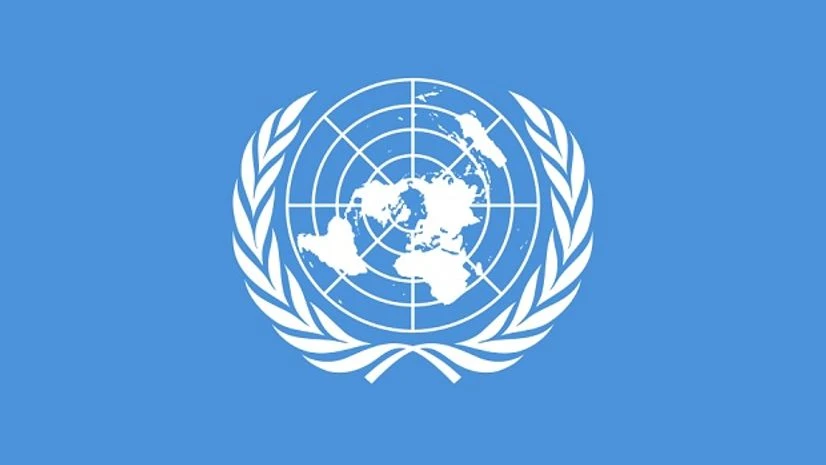The 1960 Indus Waters Treaty between India and Pakistan has survived "two wars", a high- level UN official said underlining water also represents a source of cooperation and not just conflict.
UN Deputy Secretary-General Jan Eliasson's remarks at a General Assembly high-level side event on "water as a source of peace" even as the Treaty cropped up amid heightened tensions between India and Pakistan over the terror attack on the Uri army base.
"In the second half of the 20th century, more than 200 water treaties were successfully negotiated. The 1960 Indus Waters Treaty between India and Pakistan has survived two wars, and remains in force today," Eliasson said.
"In Africa, collaboration in the management of water resources has a long history," he said while mentioning other treaties.
India on Thursday made it clear that "mutual trust and cooperation" was important for such a treaty to work. The assertion came amid calls in India that government should scrap the water distribution pact to mount pressure on Pakistan in the aftermath of the audacious Uri terror attack earlier this week.
"It cannot be a one-sided affair," Ministry of External Affairs spokesperson Vikas Swarup said when asked if the government will rethink on the Treaty given the growing strain between the two countries. He also noted that the preamble of the Treaty itself said it was based on "goodwill".
Eliasson noted that by 2050, the world population could rise to nine billion, who will share the finite resource of water.
More From This Section
"Cooperation over water resources is an urgent and demanding challenge. Strains on water are rising in all regions," he said at the event here on Thursday.
Eliasson underlined that the world has "repeatedly seen competition over this scarce resource be a major driver of discontent, turning into both internal and regional conflicts.
"While these risks are real, we must also recognise and build on the opportunities that water presents for international cooperation. It would be a mistake for us to get caught up in "water-war" rhetoric.
"Water equally represents a source of cooperation, a source of growth and a source of mutual positive dependence," he said.

)
